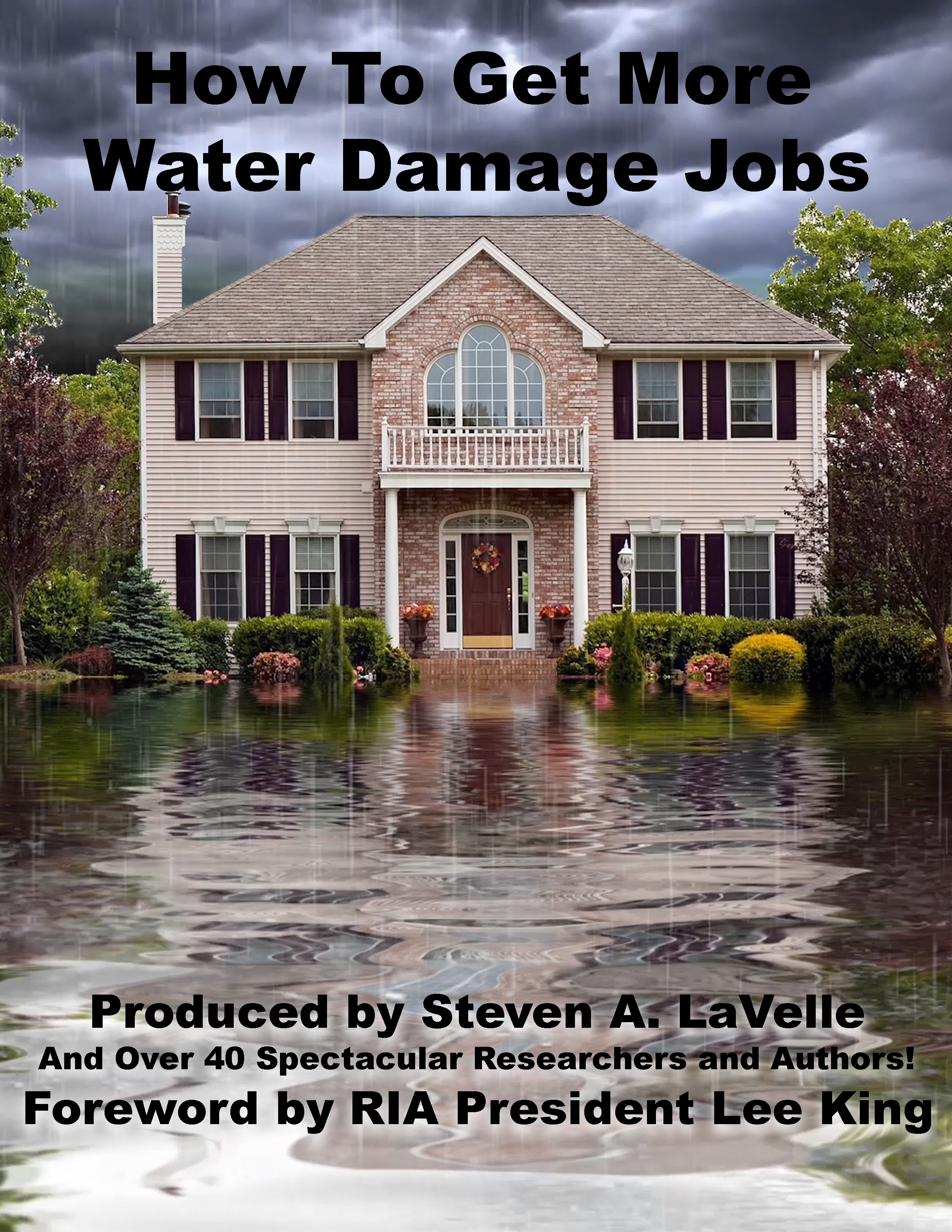The Value of Working With a Restoration Coach
Restorer’s Digest

Photo credit: vernonwiley/E+ via Getty Images
If you have been in the restoration industry long enough, you have probably made your fair share of costly mistakes or seen viable restoration companies fail. Many of the common challenges that plague restoration companies today are not new and, in many cases, can be avoided or overcome with a little help. The problem is that many business owners resist asking for help, thinking that it is a sign of weakness or a waste of time and money, when in reality it can not only be a very wise move, but could also save your life financially.
Advisors, counselors and coaches are used in a vast array of industries and occupations as well as to help people in their personal lives. Coaches are typically used for specific purposes, reasons and seasons. For example, if you are having marital problems, a good marriage counselor could be instrumental in helping you work through difficult issues with your spouse and give you the tools you need to build a stronger relationship. Professional athletes hire coaches to help them improve their swing, run faster, increase their toughness and otherwise be at the top of their game.
To give you an idea of just how vulnerable restoration businesses can be in today’s marketplace, data from the U.S. Bureau of Labor Statistics shows that approximately 20% of new businesses fail during the first two years of being open. Additionally, 45% of businesses fail during the first five years and 65% during the first 10 years. Only 25% of new businesses make it to 15 years or more. These statistics have been fairly consistent since the 1990s.
In order to run a business of any kind and be successful for the long run, it is not enough to know the trades, have a degree in business administration or have a bunch of relationships with big accounts. At some point, you will run into situations where your livelihood may be threatened. This is when you will need advice from someone who may have experienced a similar situation or knows how to navigate through the challenges.
Most restoration companies hire experts or professionals to assist them with tasks that may not be handled in-house. These may include:
- Attorneys to draft contracts, work authorizations, or handle lawsuits and legal matters.
- Certified public accountants (CPAs) to handle financials and file tax returns.
- Safety consultants to make sure everyone understands OSHA regulations and how to work safely.
- Information technology (IT) technicians to protect the business from data breaches or hacking, hardware or software malfunctions, and so forth.
So, what is a restoration coach and how can they bring value to your company? Well, first of all, a good restoration coach will be someone who has either owned a restoration company or has been in the restoration industry for many years and knows the ins and outs of the business. What you do not want is to pay for some glitzy, feel-good program or a coach that thinks walking on hot coals or running around naked in the forest is going to increase your profitability. In general, it has been my experience that coaches from other industries are of little value in terms of helping restorers with the many complexities involved in the restoration industry.
If you are looking for a restoration business coach, consider the following:
- How will the coach make your company more profitable and how long will it take to realize a return on your investment?
- How long has the coach been estimating and using Xactimate estimating software?
- How many years of actual experience does the coach have in the restoration industry? Not just in sales, marketing or administration, but in actual hands-on building restoration working their way up through the ranks.
- Can the coach walk you, step-by-step, through the restoration process for large, complex losses?
- Has the coach dealt with adjusters, insurance claim disputes and experienced what it takes to run a restoration business?
- Is the coach currently engaged, day-to-day in the ever-changing restoration industry?
- Will the coach work with you personally or pass you on to a subordinate?
- What books or papers have they written or published?
- What type of deliverables will the coach provide?
Is the coach currently engaged, day-to-day in the ever-changing restoration industry?
A few areas where a good restoration coach can help strengthen your company:
- Business development: All phases of restoration, including sales and marketing strategies.
- Implementation of best practices to ensure higher profits and long-term success.
- Estimating: Honing skills and leveraging line items to maximize profits with Xactimate.
- Training onsite or offsite on varying restoration methods and best practices.
- Blueprint reading: Helping estimators and project managers decipher blueprints and structural engineering details.
- Improving workforce efficiency: Getting the most from your team without being a taskmaster.
- Identifying wasteful spending and finding ways to reduce overhead costs.
- Compensation and incentive packages to attract and keep talented team members.
- Communication skills: Communicating with adjusters or clients, especially when you cannot agree on scope or price.
- Leveraging science and technology as assets.
- How to use building codes, laws and regulations to your advantage.
- Identifying restoration profit centers and liabilities.
- Improving contracts, work authorizations, change orders and other important documents.
- Dispute resolution strategies and how to avoid legal troubles.
- How to vet and hire the right estimators and salespeople, etc.
Sooner or later, you will run into a situation that will require the expertise of someone who knows what you are going through and how to deal with it, having a coach on board may be the answer.
Looking for a reprint of this article?
From high-res PDFs to custom plaques, order your copy today!








